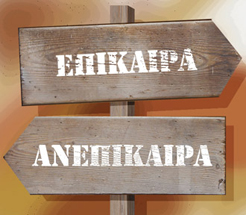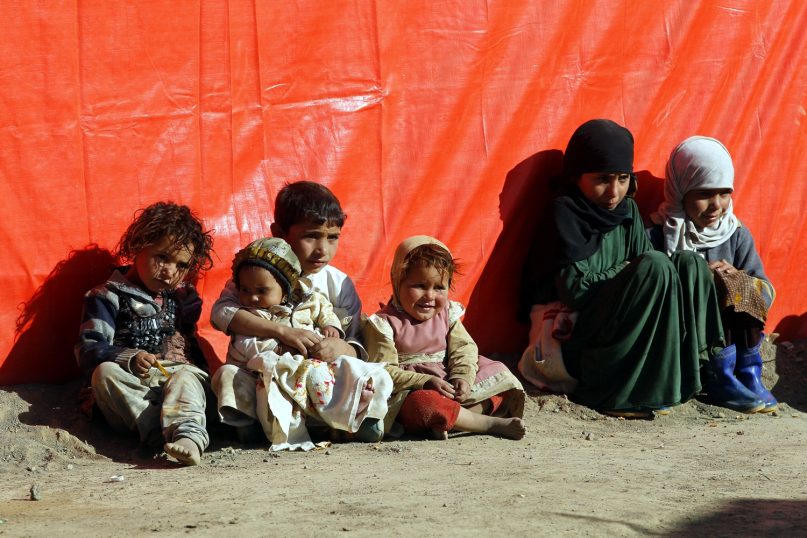
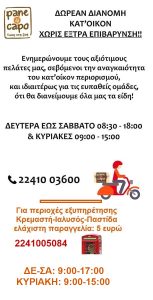
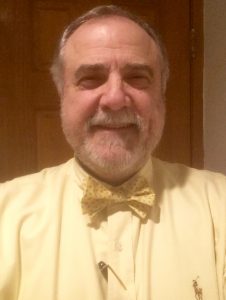
Ένα αποκαλυπτικό φιλμάκι της UNICEF το οποίο μας ανοίγει ένα παραθυράκι στην καθημερινότητα συνανθρώπων μας που διαβιούν κάτω από πρωτόγονες συνθήκες.
Το φιλμ είναι τραβηγμένο μέσα σε μια κατασκήνωση προσφύγων στο Άντεν της Υεμένης, ανθρώπων εκτοπισμένων από τον εμφύλιο πόλεμο που μαίνεται εκεί 5 χρόνια τώρα.
Αυτές οι συνθήκες διαβίωσης όμως που περιγράφονται εδώ είναι ακριβώς οι ίδιες για εκατοντάδες εκατομμύρια ανθρώπων που ζουν ακριβώς έτσι και χωρίς να έχουν πόλεμο.
Οι περισσότεροι από εμάς έχουμε δει και ξέρουμε πώς ζουν στον τρίτο κόσμο, ίσως από την τηλεόραση, μέσα από τα νέα ή από ντοκιμαντέρς, κλπ….απομακρυσμένοι όμως χωρίς να μας “ακουμπάνε”!
Ζούμε στην φούσκα μας- στον κόσμο μας- απομονωμένοι από πολύ πιο πριν την επίσκεψη του κορωνοϊού.
Μια προσωπική παρένθεση.
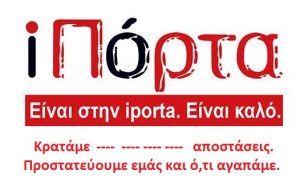
Όταν ήμουν περίπου 8 χρονών -(circa 1963)- βρεθήκαμε οικογενειακώς στο Κάνο της Νιγηρίας.
Ο εμίρης του Κάνο είχε κτίσει ένα ολοκαίνουργιο εργοστάσιο υποδηματοποιίας εκεί και είχε στείλει μια αντιπροσωπεία του στην Γερμανία να αγοράσει τα απαιτούμενα μηχανήματα και επίσης να προσλάβει έναν service engineer,-δηλ. ένα μηχανολόγο- για το στήσιμο και την συντήρηση τους.
Εκείνο τον καιρό ήμασταν στην Γερμανία και ο πατέρας μου εργαζόταν για την εταιρεία που κατασκεύαζε αυτά τα μηχανήματα. Οπότε τα αγόρασαν και του προσέφεραν ένα ελκυστικότατο τριετές συμβόλαιο εργασίας στην Νιγηρία…and off we all went!
Αν υπάρχει φτώχεια στον κόσμο σήμερα, φανταστείτε τι γινόταν μισό αιώνα πίσω στην Αφρική.
Σχεδόν όλοι περπατούσαν ξυπόλητοι, τουλάχιστον οι μισές γυναίκες στα χωριά κυκλοφορούσαν γυμνόστηθες και οι μύγες σύννεφο!
Αυτά όλα τα έζησα με τον μεγαλύτερο κατά ένα χρόνο αδελφό μου όπου συχνά-πυκνά κάναμε εξερευνητικές επισκέψεις με το ένα ποδήλατο μας στα γύρω χωριά. Γιατί ένα ποδήλατο είναι μια άλλη ιστορία. Πάντως η Αφρική ήταν πανέμορφη.
Το διαιτολόγιο τους; Η μαγειρική τους; Οι καλύβες τους; Τα παιδάκια τους και τα παιχνίδια τους; Η ζωή τους γενικά σημάδεψε την παιδική μου ψυχή και μπορώ να πω ότι επηρέασε τον τρόπο σκέψης μου μέχρι και σήμερα.
Με στιγμάτισε στον βαθμό που όποιες κοινωνικές ευαισθησίες ίσως έχω σήμερα πηγάζουν από εκεί.
Οι ξιπολησιά και η φτώχεια ήταν και ένας από τους κύριους λόγους που το εργοστάσιο υποδηματοποιίας φαλίρισε κι έκλεισε ακριβώς στα 3 χρόνια, σχεδόν ταυτόχρονα με την λήξη του συμβολαίου του πατέρα μου.
Μις άλλη φορά ίσως περιγράψω μερικές από τις παιδικές μου εμπειρίες στην Αφρική όπου οι λευκοί ζούσαν σαν βασιλιάδες και οι μαύροι…
Ήθελα να κάνω αυτή την παρένθεση για να σας εξηγήσω γιατί φιλμ σαν κι αυτό της UNICEF έχουν ιδιαίτερη σημασία σε εμένα.
Τα έχω ζήσει από κοντά και ακόμα με “ακουμπούν”.
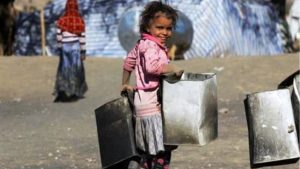
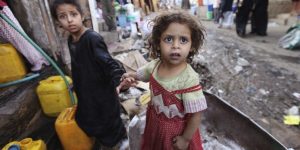
This UNICEF short opens a small window to the difficult everyday life of not just refugees of war, but of hundreds of millions of people that live -in absence of war -in this impoverished and challenged way of deprivation and lack of basic necessities that the rest of us take for granted and consider almost as a god given right.
Most of us have seen and are aware of how the third or fourth world lives through news stories or documentaries on TV. However we view all from a distance and the emotional impact in most cases is minimal and temporary. We are not “touched”!
We live in our bubble, -in our world- isolated long long before Covid-19 came into our lives.
I would like to share a personal story from my youth so that you may understand my extra sensitivity toward films that depict the difficult lifes of people living in different poverty-stricken parts of our world.
When I was about 8 years old (1963), my family and I spent some time in Kano, Nigeria.
The Emir of Kano, -a rich and powerful man -built there a factory to manufacture shoes.
He sent some representatives from his entourage to Germany to purchase the necessary machinery and also to find and contract a service engineer to come set them up and stay on to service them.
At that time we lived in Germany and my father worked for the manufacturer of the shoe machinery.
To make a long story short, the Emir’s reps bought the machinery and offered my father a very attractive 3-year contract to come to Kano. So off we went…the whole family, all 5 of us!
By the way, they also contracted a German shoe designer and a Cypriot general manager.
If you think we have poverty in the world today, try to imagine what Africa was half a century ago.
Almost everyone walked barefoot, most women in the villages were bare breasted, and the flies were in the millions everywhere!
My older by one year brother and I used to take our one bicycle-why one is a story for another time- and go exploring in the surrounding villages, we were curious to see how the locals lived.
It was very safe back then and the countryside was beautiful.
Africa is beautiful!
So we saw how they cooked, what they ate, how and with what their children played, their straw-roofed mad huts that were their homes, etc.
I have to admit that the exposure to that life stigmatized my soul.
It made such an impression to my young mind that whatever social sensitivities I may have/feel today, they all have their beginnings to my life in Africa and what I experienced there.
The factory shut down as my father’s 3-year contract expired falling victim to the widespread barefoot walking where nobody or not enough people were buying shoes.
I hope this small personal parenthesis explain why films like that “touch” me.
During COVID-19, Muna reminds us to be grateful for the things we can enjoy from a camp in Yemen.
Gepostet von UNICEF am Dienstag, 5. Mai 2020
Το άρθρο απηχεί τις απόψεις του συντάκτη του.
The article expresses the views of the author
iPorta.gr

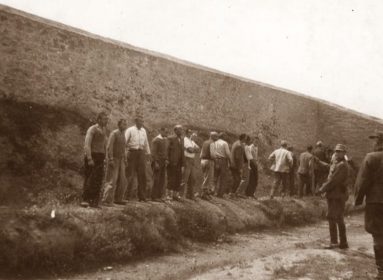

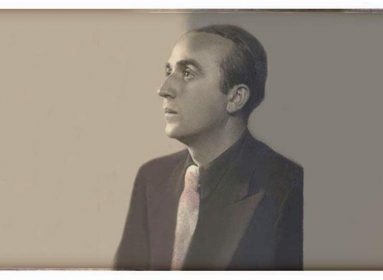

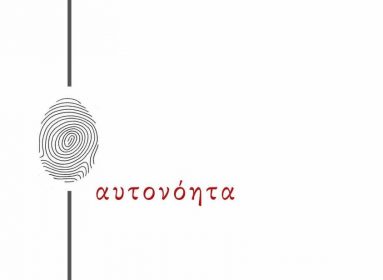
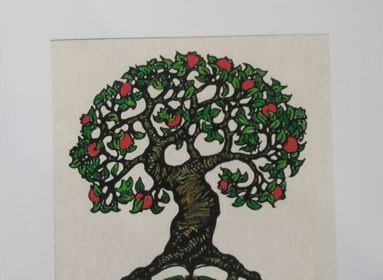
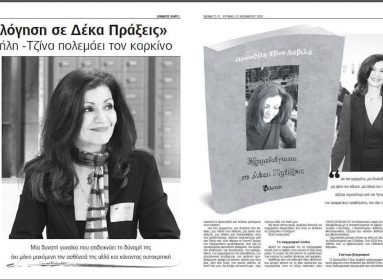
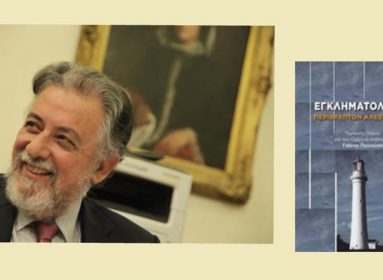
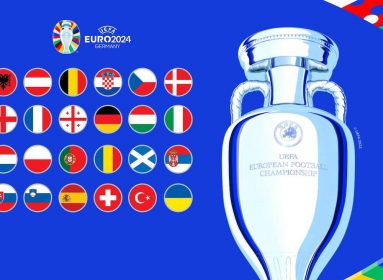
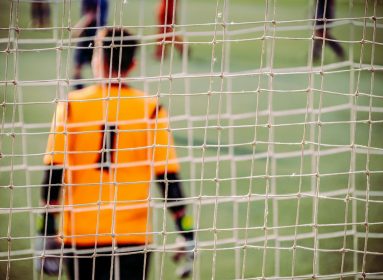
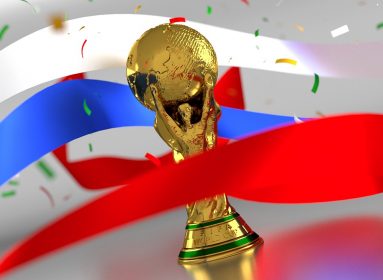



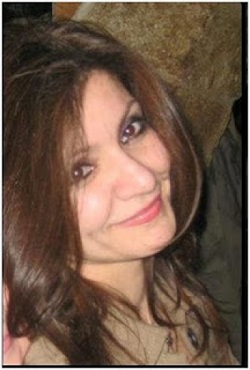


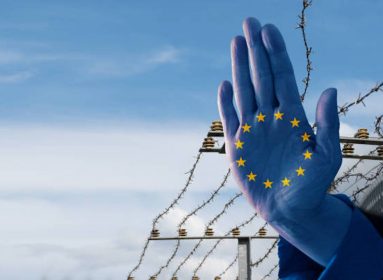

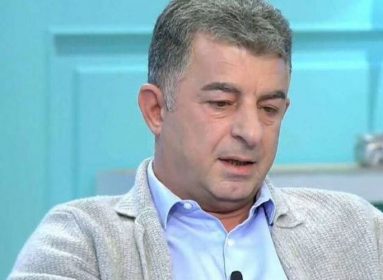
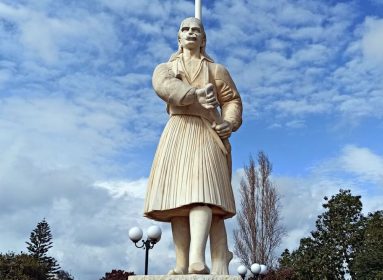
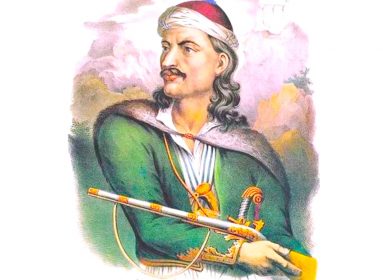
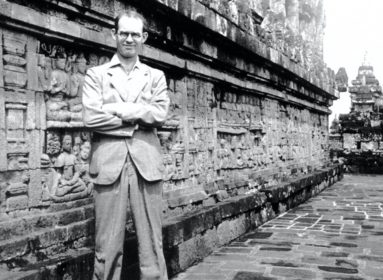
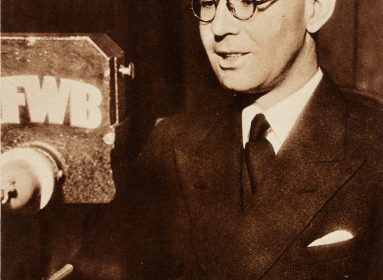
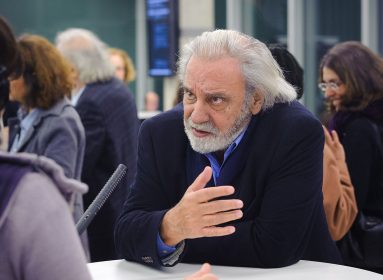
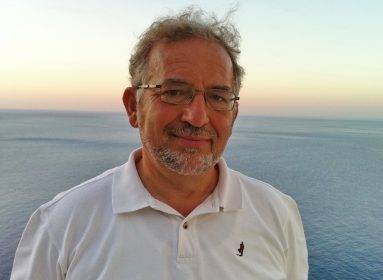

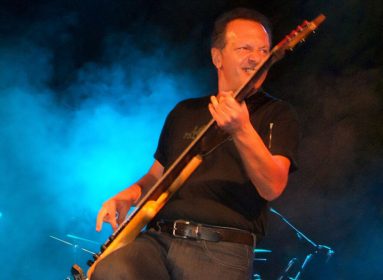
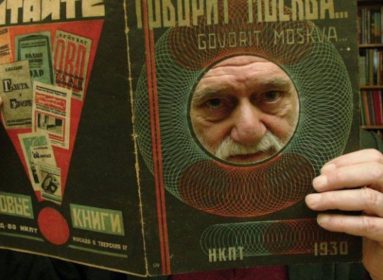

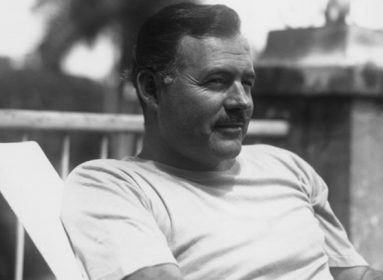
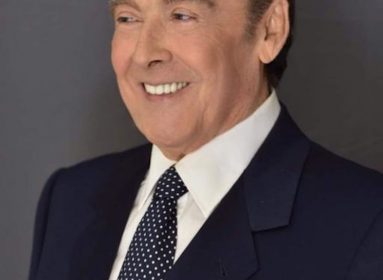
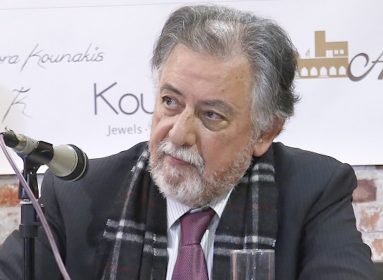
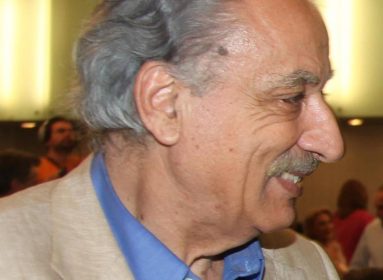
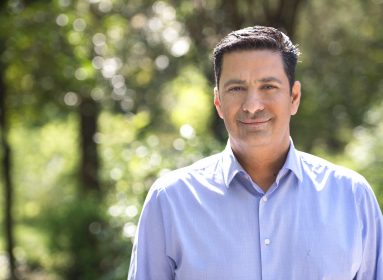
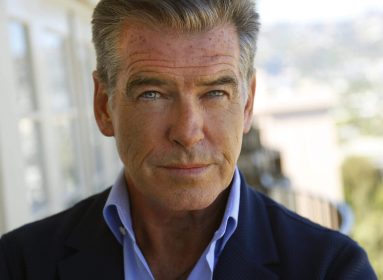
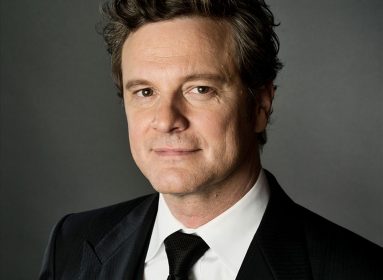


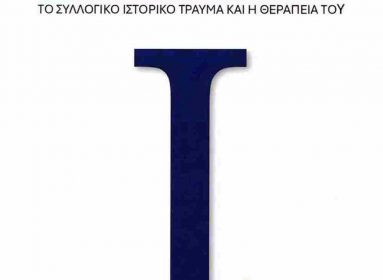
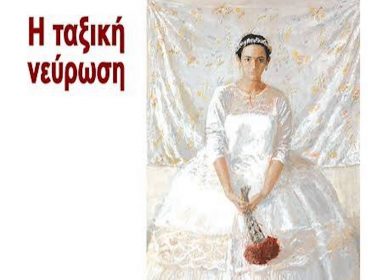
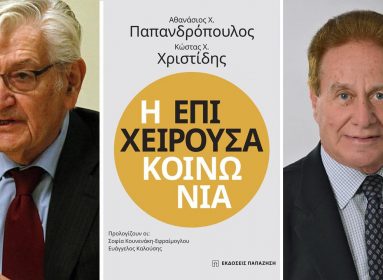
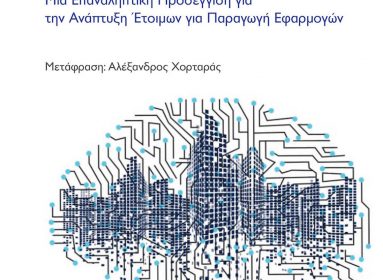
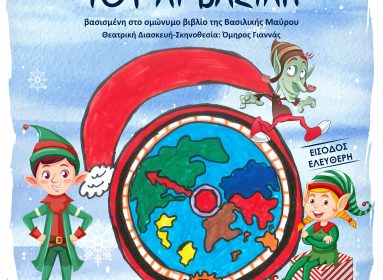
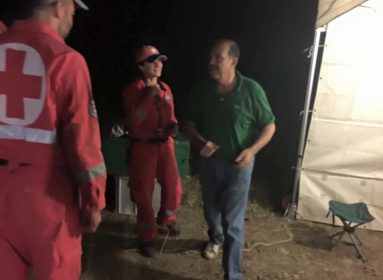
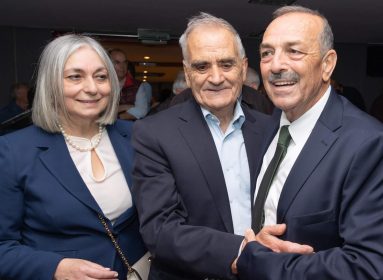

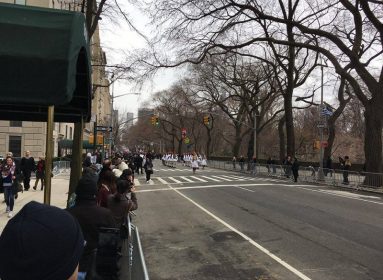
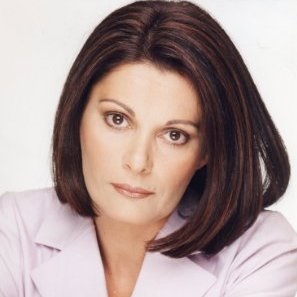
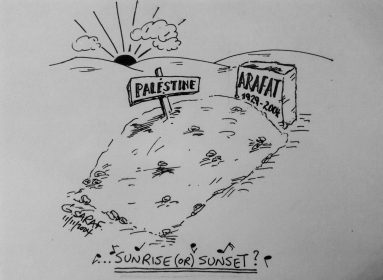
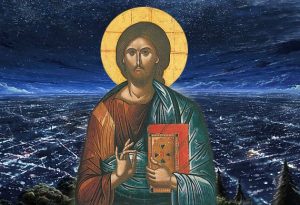

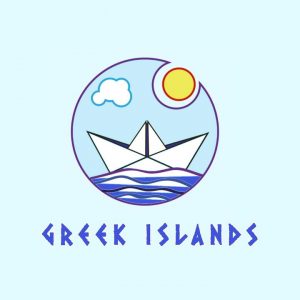
 Το σκίτσο είναι του Βαγγέλη Παυλίδη
Το σκίτσο είναι του Βαγγέλη Παυλίδη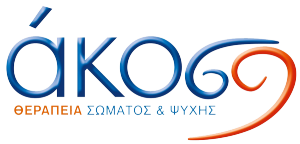
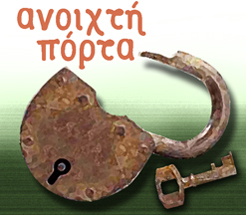
 Στηρίξτε-Ενισχύστε την iΠόρτα με τη δική σας χορηγία…
Στηρίξτε-Ενισχύστε την iΠόρτα με τη δική σας χορηγία…